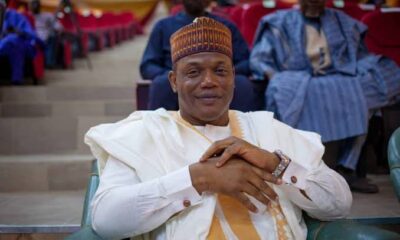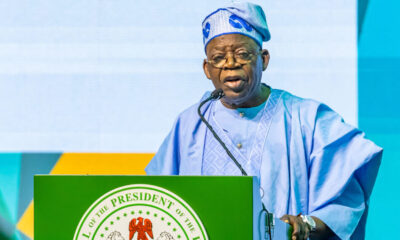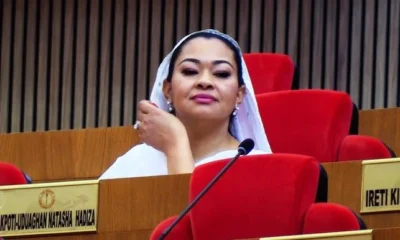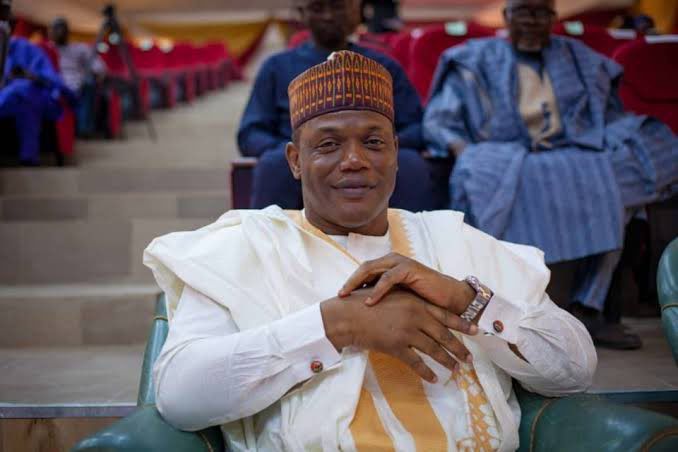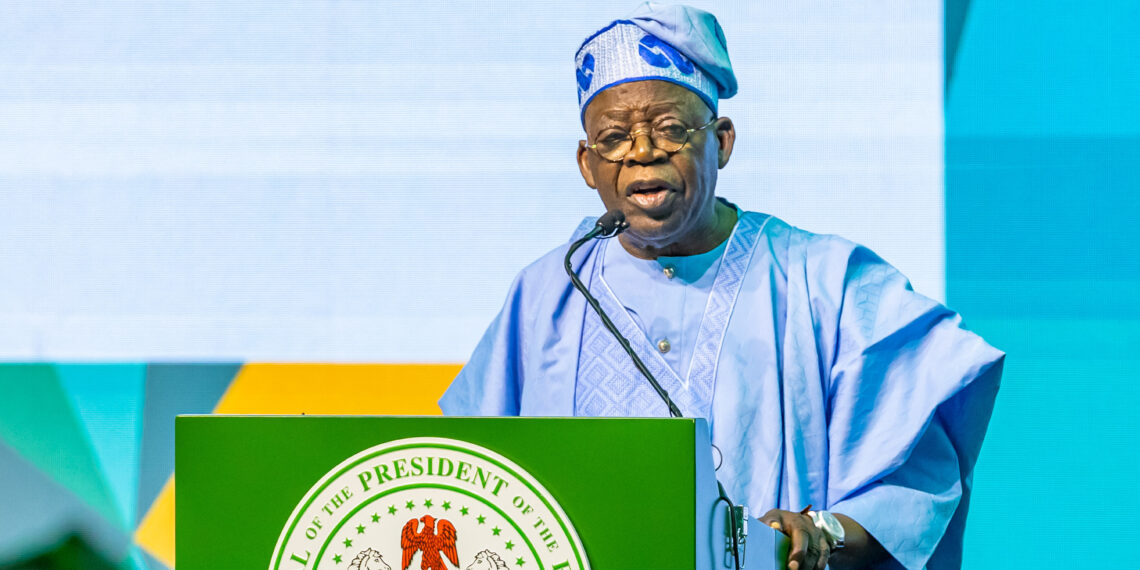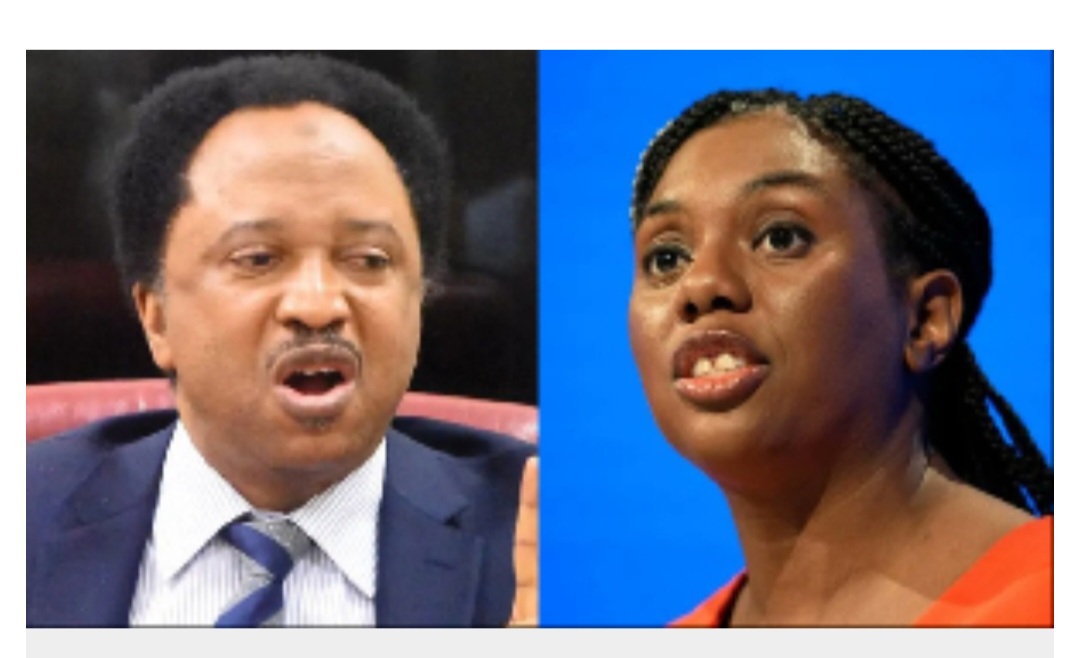No fewer than 6.7 million Nigerians have yet to collect their permanent voter cards less than eigth weeks to the general elections.
Data obtained from the state offices of the Independent National Electoral Commission on Tuesday revealed that 6.7 m PVCs were locked up in INEC safes across 17 states and the Federal Capital Territory.
The INEC had announced that the collection window for PVCs will commence December 12, 2022 and end on January 22, 2023.
The INEC National Commissioner for Information and Voter Education, Festus Okoye, disclosed in a statement that with effect from January 6 -15,2023 the collection of the PVCs will be devolved to the ward level after which collection would be moved to the local government areas.
Record shows that past elections were marred by voters’ apathy.
During the 2019 general elections, the INEC said it had about 82.3m registered voters, however only 28.6m voted in the polls which resulted in the re-election of President Muhammadu Buhari who polled 15m to defeat his closest rival, Atiku Abubakar, who scored 11.2m votes.
During the Lagos governorship elections, less than 2m voted in the poll which was won by Babajide Sanwo-Olu of the APC. He garnered 739,445 votes to defeat Jimi Agbaje of the PDP who got 206,141 votes.
Data from the Lagos state INEC office revealed that as of December 29, a total of 1,693,963 PVCs remained uncollected. This was disclosed in a document tagged ‘INEC Lagos PVCs Reports.’
It stated, “Old PVCs received from headquarters – 6,570,291; old PVCs collected up till December 29, 2022 – 5,653,330. Total uncollected old PVCs – 916,961; New PVCs received from headquarters – 940,200; New PVCs collected as at December 29, 2022 – 163,198.
“Total uncollected New PVCs –777,022; Overall total PVCs received from headquarters- 7,510,491; Overall PVCs collected as at December 29, 2022 -5,816,528; Overall PVCs uncollected 1,693,963.’’
The INEC Director of Voter Education, Lagos State, Mrs Adenike Tadeshe, told The PUNCH that about 14,000 people collect their voter cards daily, noting that the commission would soon take the PVCs distribution to the wards.
She said, “I will not say we have a huge number of uncollected PVCs. Looking at the figures, as of December 29, 2022 we have given out 5,816,528 PVCs, so we are now left with 1,693,963 and we want to put in record that on a daily basis in Lagos State, we give out about 14,000 PVCs so the number will keep reducing.
‘’Now, by January 15 and 16, we will be taking the cards to all the 245 wards in Lagos State and from there to the local government areas, so this will bring the cards closer to the people for collection.”
Findings indicate that the FCT has 460,643 uncollected PVCs as of December 24.
A document obtained from INEC revealed that the Abuja Municipal Area Council had the highest number of uncollected PVCs in the FCT.
In Edo state, 661,783 voter cards have not been collected as of December 29 while
Ondo and Ekiti states had 300,000 and 205,127 cards, respectively, as of December 15.
INEC efforts
Rotimi Oyekanmi, INEC Chairman Spokesperson, said that the Commission was doing its best in sensitizing registered voters to collect their PVCs.
Oyekanmi said “We have consistently embarked on voter education awareness activities to encourage voters to collect their cards.
“Apart from advertorials and regular sharing of customized messages via our social media handles, each state office of the Commission also takes several slots in radio and television stations prominent in their respective domains to amplify voter education.
“We collaborate with religious leaders who pass voter education messages to their audiences in churches and mosques. We leverage on the authority of traditional rulers to reach out to their subjects in a way that nothing else can.
“We also take advantage of cultural events, like the Calabar Carnival, to reach out to voters. We go to major markets in many states on foot, using loud speakers to talk to the market women and leaders due to the influence that they also wield.
“We are grateful to our various development partners- the European Union, IFES, UNDP and others as well as the civil society organisations that are helping us to encourage voters to pick up their PVCs.”
Oyekanmi could not provide the total number of unclaimed PVCs nationwide, saying the figure PVCs kept reducing as eligible voters were collecting their cards daily.
‘’For instance, the figure of uncollected PVCs for Lagos as of 29th December 2022 will not be the same as of 31st December because more people would have collected their cards. The only time we can have the final figure of uncollected PVCs is when we stop the collection of the cards nationwide. The Commission will announce the total number of uncollected cards at that time,’’ he further explained.
Commenting, the Director, Centre for Democracy and Development, Idayat Hassan, blamed what she called ‘last-minute syndrome’ for the poor of the PVCs, describing the situation as recurring decimal.
Hassan said, “It is a recurring decimal. With every election, people do not often go forward to collect their PVCs or they leave it till the last minute. You will notice that maybe when it is one week to the end of the collection process, then Nigerians will troop to go collect their PVCs.
“Secondly, some owners of these PVCs, especially the old ones might be dead, relocated or anti-democracy Nigerians. We are advising the media and the civil society organizations to encourage registered voters to pick up their PVCs.”
The Executive Director, Yiaga Africa, Samson Itodo, attributed distance to collection centres and poor awareness for the high number of unclaimed voter cards.
Itodo observed, “The reason why people are not collecting their PVCs is because the PVC collection location is distant from the people. However, INEC will be decentralising the PVC collections at ward level from the 6-15 of January, 2023. We hope that people will make use of this opportunity because the ward level is closer to people.’’
Credit: The Punch

 BIG STORY4 days ago
BIG STORY4 days ago
 BIG STORY3 days ago
BIG STORY3 days ago
 BIG STORY4 days ago
BIG STORY4 days ago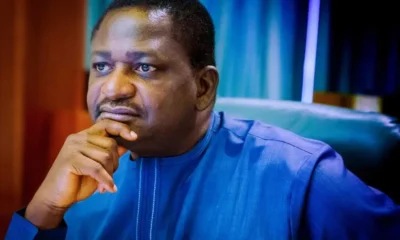
 BIG STORY3 days ago
BIG STORY3 days ago
 BIG STORY3 days ago
BIG STORY3 days ago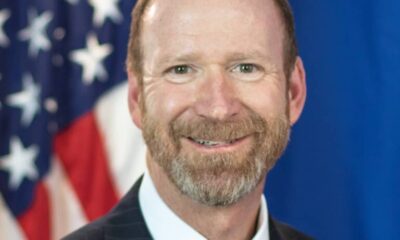
 BIG STORY3 days ago
BIG STORY3 days ago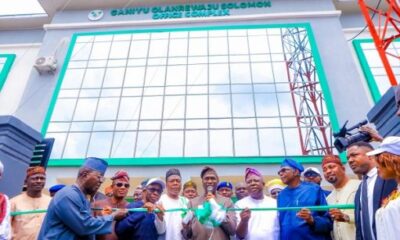
 BIG STORY3 days ago
BIG STORY3 days ago
 BIG STORY3 days ago
BIG STORY3 days ago







